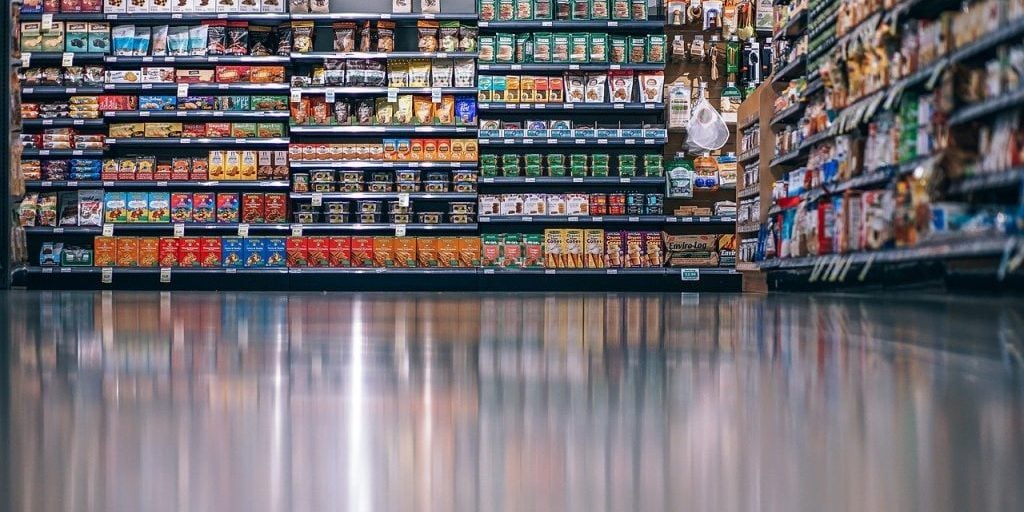While most of the country has shut down, many Americans are facing a daily, impossible choice: Go to work and risk exposing themselves and their loved ones to the coronavirus, or stay at home and risk being unable to pay rent, buy food or support their families.
Like medical staff, these individuals have been deemed “essential,” but this group includes many whose contributions have been historically undervalued and underpaid. These service sector jobs are considered “essential” — but essential for whom? When it comes to those who bring groceries, deliver food, make coffee, cut the grass and more, I can’t help but think of the injustice and continuation of the divide between those with and without options in our country.
To be not given a choice to protect yourself because these services are essential to others is a repetition of an all-too-familiar American story. It’s a repetition of the story of domestic workers and lawn care workers taking buses into neighborhoods in California during the wildfires while their employers fled to safety, having forgotten to tell workers they had the day off. It’s a repetition of our American stories of farm work, undocumented work, domestic work and sharecropping, getting more and more terrifying as you trace back our history. But the common thread of these stories is the work society has decided must go on no matter what, who is doing that work, and the choice involved.
In our current context, almost all people want and need to work. But seeing who is forced to be at risk is unsettling, and too similar to the individuals and communities who have always had fewer choices. Data shows that the pandemic disproportionately impacts people of color, and our response to the crisis needs to acknowledge this reality.
Changing the systems that have created this inequity will take more than thanking an essential worker. We need national and local policies and company benefits packages to match the value of the work with this word “essential.” Across the StriveTogether Cradle to Career Network, communities are working toward these changes, and we won’t give up until every community member can make the choices that are best for themselves and their families.






